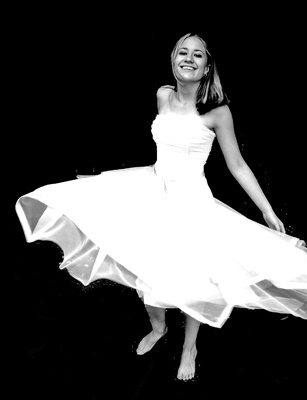All Nonfiction
- Bullying
- Books
- Academic
- Author Interviews
- Celebrity interviews
- College Articles
- College Essays
- Educator of the Year
- Heroes
- Interviews
- Memoir
- Personal Experience
- Sports
- Travel & Culture
All Opinions
- Bullying
- Current Events / Politics
- Discrimination
- Drugs / Alcohol / Smoking
- Entertainment / Celebrities
- Environment
- Love / Relationships
- Movies / Music / TV
- Pop Culture / Trends
- School / College
- Social Issues / Civics
- Spirituality / Religion
- Sports / Hobbies
All Hot Topics
- Bullying
- Community Service
- Environment
- Health
- Letters to the Editor
- Pride & Prejudice
- What Matters
- Back
Summer Guide
- Program Links
- Program Reviews
- Back
College Guide
- College Links
- College Reviews
- College Essays
- College Articles
- Back
I made it to the stage, but whats this all about anyway?
We are standing on the stage in our costumes, our eyes open wide from the nervousness running throughout our veins. Our skin crawls and bodies begin to tremble everywhere. We wonder why we are doing this…is it for religious reasons? Or because of our parents making us? Performing arts is many things, all performed on stage for entertainment reasons. Drama, dancing, voice, and opera are four of many reasons why students now-a-days are taking performing arts classes and loving it! In this article we will take a look at performing arts in depth, growing in knowledge from where is originated to how it has changed over the centuries.
Dancing had been a generational tradition all the way back from the Greeks. The dancing became tradition to the Greeks and was likely inherited from Crete that was conquered by Greece around 1500. Learning to dance became and was considered a necessary part of education. Greece had two different types of dances mainly practiced, Apollonian and Dionysian dance. Instruments, including lyres, lutes and kitharas, accompanied the former dance Apollonian. This dance was mainly practiced at religious festivals, as well as martial and social dances during communal events and funeral practices.
The Dionysus dance is a dance about passion, panic and desire. Its orgasmic and breathtaking moves purposed to connect all to a frenetic dance vibration. This dance is named after their god named Dionysus also, in which was honored on one unusual festival called the City Dionysia
Drama also originated from the Greeks, and some of the plays are known today and available for reading (although very long). The three best-known play writers of the fifth century were Sophocles, Euripedes, and Aeschylus.
Comedy was an important part of ancient Greek plays also. The only person whom wrote comedies during this time was Aristophanes . Aristophanes, who competed in the major Athenian festivals, wrote 40 plays, 11 of which survived--including the most controversial piece of literature to come from ancient Greece, Lysistrata. Lysistrara is a humorous tale about a strong woman who leads a female coalition to end war in Greece. Although only 33 tragedies and 11 comedies remain from such a creative period, the Greeks were responsible for the birth of drama in the Western world.
Lastly , singing has been around ever since people talked. For those who believe in evolution, it evolved whenever the people learned to speak, and began singing later. For creation believers, it evolved when the world was created and Adam was made out of dust, and with learning how to speak he sang. So there is really no exact date that singing evolved, it had just changed over the years.
I hope you enjoyed learning about all of the different kinds of origins from which performing arts came from! For some it might be inspiration to start showing your talents, and for others it might mean a really cool history lesson! Glad you read this!

Similar Articles
JOIN THE DISCUSSION
This article has 0 comments.
